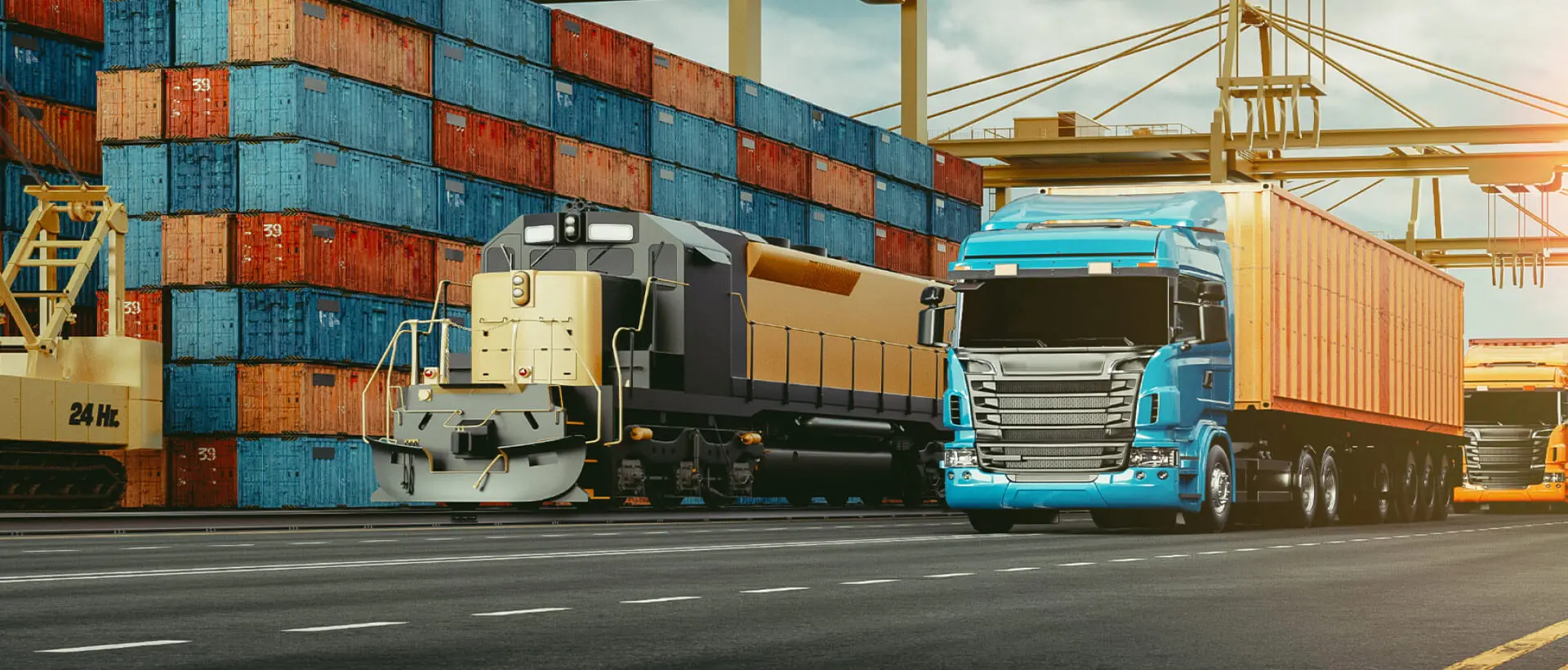Seller delivers cleared for import with duties and taxes paid

What is DDP?
DDP (Delivered Duty Paid) means the seller takes maximum responsibility: arranging transport to the named place at destination, completing import customs clearance and paying duties and taxes. The buyer is responsible for unloading at the named place. DDP works for any mode.
Risk and responsibility
| Task | Party | Notes |
|---|---|---|
| Export packing & documentation | Seller | Commercial Invoice, Packing List etc. |
| Export clearance at origin | Seller | Seller files export declaration |
| Main carriage and delivery to named place | Seller | Any mode; specify address/terminal precisely |
| Import clearance, duties & taxes | Seller | Seller acts as/appoints Importer of Record as permitted |
| Delivery ready for unloading (risk point) | Seller → Buyer (risk) | Risk transfers when goods are placed at buyer’s disposal |
| Unloading at named place | Buyer | Use DPU if seller must unload |
| Insurance | As agreed | Not mandatory; agree in contract if required |
Practical considerations
- Confirm the seller can legally act as Importer of Record (IOR) or appoint a fiscal representative.
- Specify what destination charges are included (THC, port security, local delivery surcharges).
- Ensure accurate commodity codes and valuation to avoid reassessments.
- Align invoices and licences; mismatches trigger delays and storage costs.
Alternatives
- Buyer to handle import and taxes: use DAP.
- Seller to deliver unloaded: use DPU.
- Minimal seller responsibility at origin: EXW.
How Clintopia helps
We deliver DDP shipments end-to-end, including import entries, duty/VAT handling (where permitted) and final delivery. For tariff classification and entries, see Customs Clearance. For port/terminal to site legs in the UK, see Container Haulage. For ocean/air routing and consolidation, see Freight Forwarding and Sea Freight.
Related terms
Need to talk to a logistics expert?
Call usDDP — FAQs
Can't find the answer to your question? You can always request a callback from our team of experts!